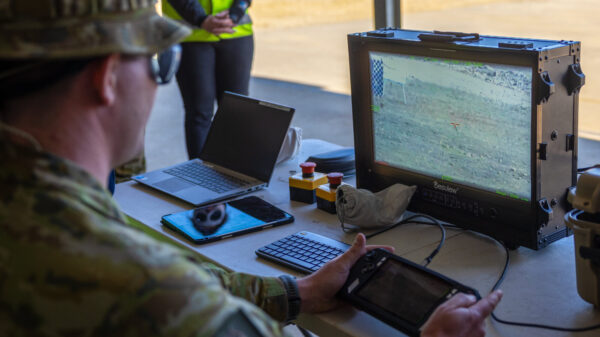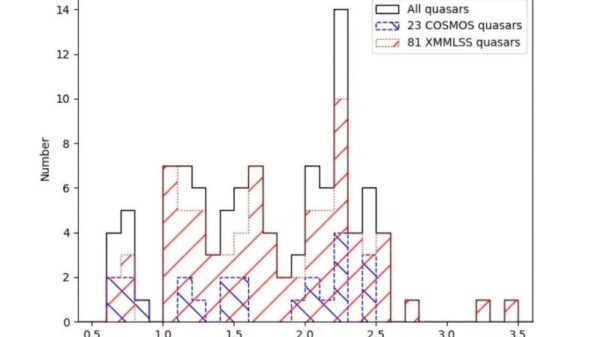BREAKING: A groundbreaking tracking system called WhoFi has just been unveiled by researchers at La Sapienza University of Rome, enabling biometric identification with an astonishing 93% accuracy—all through the manipulation of Wi-Fi signals. This revolutionary method, detailed in a report by The Register, allows for tracking individuals in public spaces without cameras or personal devices.
This innovative technology identifies unique “biometric fingerprints” by analyzing how a person’s body distorts Wi-Fi signals. The system leverages Channel State Information (CSI), resulting in a distinct signature in the interference patterns created by the presence of individuals. In controlled tests, WhoFi successfully re-identified subjects across various locations, even without them carrying a smartphone.
The implications of WhoFi are significant and immediate. As Wi-Fi networks proliferate, this passive tracking tool could be deployed in crowded areas such as airports, shopping malls, and smart cities, raising urgent privacy concerns. Unlike conventional tracking methods that require user consent, WhoFi operates without any active device connections, making it stealthy and difficult to evade.
In experiments with 30 volunteers, researchers captured signal data from typical environments like offices and hallways, utilizing machine learning to extract identifiable features from the Wi-Fi interference. This capability poses ethical dilemmas, as critics warn of potential mass surveillance applications, including law enforcement monitoring and retail tracking without explicit consent.
Experts from TechSpot caution that WhoFi could lead to persistent tracking profiles, integrating seamlessly with existing surveillance networks. The researchers admit that accuracy may decline in crowded settings or with rapid movements, yet they emphasize that it could also serve beneficial purposes, like monitoring the elderly in non-invasive ways.
On the industry front, tech giants and Wi-Fi standard bodies, including the Wi-Fi Alliance, have yet to comment on WhoFi’s launch. However, insiders predict that its AI-driven approach could prompt rapid integration into next-generation routers. As reported by NewsBytes, the scalability of WhoFi is feasible, though it faces regulatory challenges, particularly under GDPR in Europe.
As this technology emerges, it signals a significant shift toward viewing the human body as data in our interconnected world, raising questions about ethical boundaries in the realm of biometric surveillance. The race is on to balance innovation with privacy, as we navigate the potential consequences of being unwittingly tracked by our surroundings.
What happens next? The world will be watching closely for developments on the regulatory front and the ethical frameworks that must be established to prevent misuse of such powerful technology. As WhoFi gains traction, it underscores the critical need for robust privacy protections in our increasingly digital lives.





























































